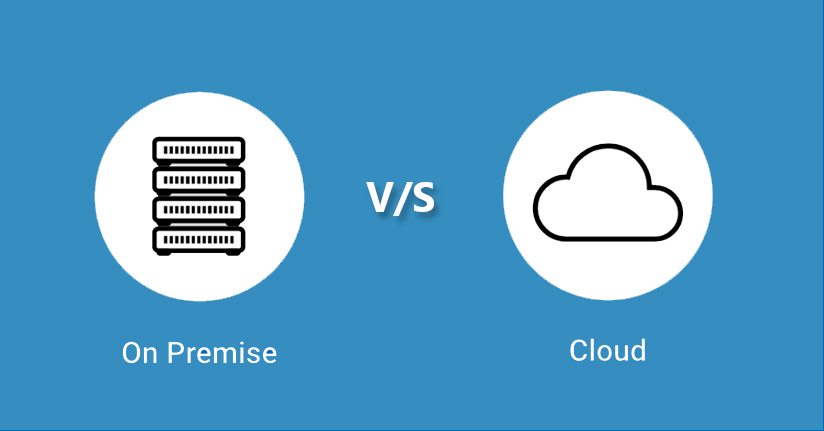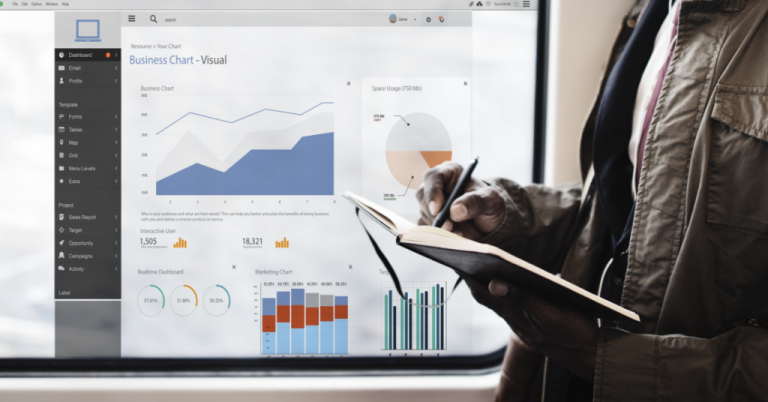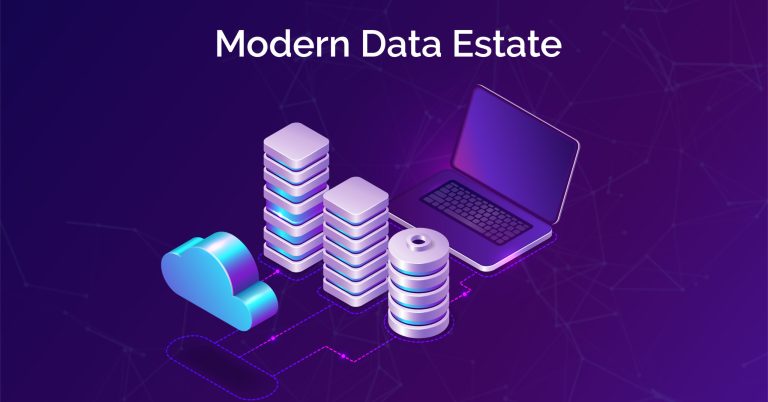The term Cloud refers to a multi-tenant environment (public, private or hybrid) where multiple entities share the computing resources and all data is secured with the help of state-of-the-art encryption.
The term “on-premise” on the other hand, refers to an in-house data center, that is built and maintained by the company itself, to store and process its data.
Every enterprise struggles to choose one over the other for their data analytics needs.
It could be tricky to figure out which approach is more appropriately suited to a particular business model.
However, some fundamentals lean towards Cloud analytics over on-premise.
Here are few reasons behind the bias and the factors that are spearheading innovation in the field of data analytics –
Table of Contents
Economic Viability
Hefty investment of time and money is inherent to on-premise analytics as its implementation requires both physical infrastructure and human expertise.
The time taken to build an in-house analytics facility could cost a lot to a business that cannot afford downtime.
For instance, if an online shopping application is undergoing transition it may require downtime for maintenance, which may not go very well in the middle of a festive season.
It may lead to the potential loss of customers to competitors. It can be a devastating blow from which the business may never recover from.
Cloud considerably reduces the spending as a business has to pay for only those Cloud computing services, that it is currently availing.
It also saves time and money on up-gradation.
IT maintenance for the implementation of new tools or applications is quite minimal under cloud analytics and hence, affordable.
Data Accessibility
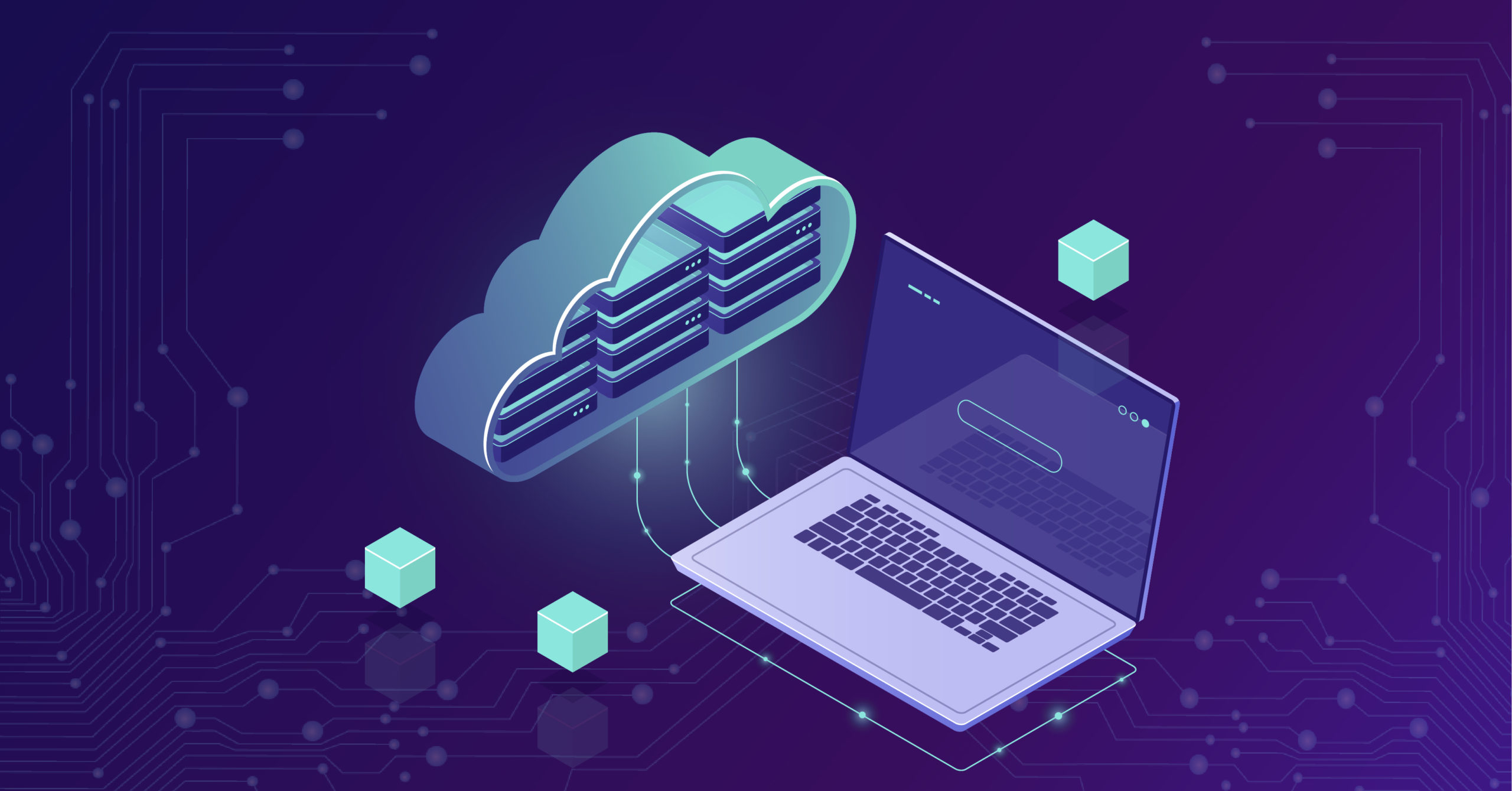
Much of the benefit of data analysis comes from its ability to recognize patterns in a set and make predictions regarding past experiences.
This process is known as data mining.
It involves discovering patterns in a data set to better understand trends and subsequently predict some.
With all the benefits data analysis and big data has to offer, much of their potential is wasted because employees lack quick, easy and reliable access to said information.
Many companies fail to reap the full benefit of their big data analytics because of a lack of accessibility to data, causing them to miss potential opportunities to better connect with and meet clients’ needs.
Cloud analytics allows employees to access company information from any location, ending limitations such as local networks.
Recently, Time Warner unveiled its data analytics cloud system, which allowed its 4,000 employees to better utilize sales data and equipped them to increase profit margins.
Scalability- Data storage and warehousing
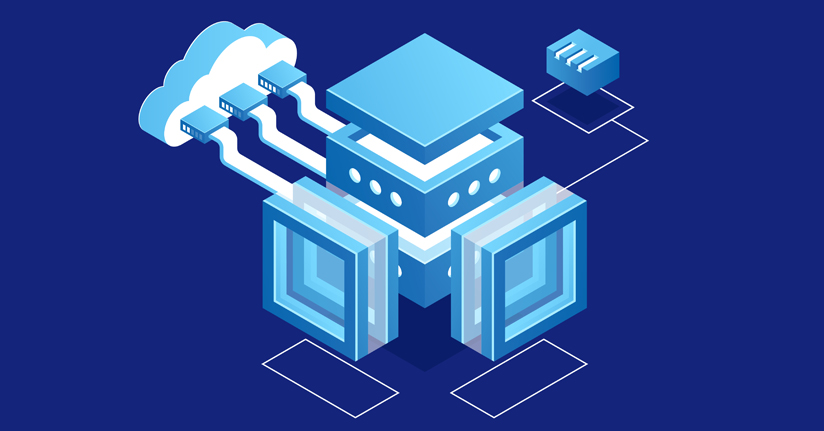
The physical infrastructure of on-premise platforms comes with several limitations regarding its storage capacity and efficiency.
As a business grows over time, its transactional volume gets compounded, which leads to a greater demand for servers for the cluster.
Cloud computing offers scalable resources through various subscription models.
A cloud platform facilitates unlimited storage capacity as per the demand of the business.
Cloud can arrange and employ multiple virtual servers in no time.
This helps in managing spikes in demands without the need to permanently invest in computer hardware, which is what you have to do in case of on-premise.
Netflix, for instance, has wisely leveraged this feature of Cloud computing.
Due to its business model of an on-demand streaming service, it faces large surges in server load at peak times.
The decision to switch from in-house data centers to Cloud allowed the company to significantly expand its customer base without having to invest in setup and maintenance of costly infrastructure.
Hosting and maintaining servers is a primary IT need.
By fulfilling these needs, Cloud service providers ease the burden of companies.
It allows the businesses to spend less money on servers and instead focus on bolstering their staff and product.
Thus, cloud assists smaller companies to avail the benefits of big data.
With Cloud, start-ups are better equipped to compete with Goliaths of the industry.
Cloud is a reliable solution to create scalable cross-platform experiences for users.
These platforms include many pre-coded tools and libraries — like directory services, search and security.
This can speed up and simplify the development process. Amazon Lumberyard is a popular mobile game development tool used in the cloud.
Computing powers
Companies need raw computing power at a large-scale to ingest, structure, clean, analyze, and serve business data.
Businesses also require applications that can process large volumes of big data when it is ingested into a data warehouse.
Cloud analytics provides both of these services.
Enterprises can deploy these services towards maximizing sales productivity, optimize organizational efficiency and empower sustainable growth.
The computing power and capacity of the Cloud enables the business to store information about user preferences.
This data guides the business to provide customized solutions, messages, and products based on the behavior and preferences of users.
Siri, Alexa, and Google Assistant – all are Cloud-based natural-language intelligent bots.
These chatbots leverage the computing capabilities of the cloud to provide personalized context-relevant customer experiences.
Data consolidation

Large enterprises have many distinct data sources, and it’s difficult to see how all the moving parts of an organization are working.
Documents in a cloud-based system are stored in one place, in a single format, making the information accessible and consistent.
This makes collaboration a simple process.
Companies can easily ensure data governance so only those who need the data get it.
If on-premise local hardware experiences a problem, there can be a permanent loss of data.
There can also be malfunctions or age-related hardware deterioration.
However, the cloud is unperturbed by these shortcomings.
Another advantage of consolidation is the ability to use online services to perform data mining and advanced analytics to create prediction models that are easy to update in real-time.
Office tools like Microsoft Office 365 and Google Docs are good examples of cloud usage.
They provide tools to work on documents, presentations, and spreadsheets – from anywhere, at any time.
With data stored in the cloud, there is no need to bother about data loss in case of device theft, loss or damage.
Cloud also helps in the sharing of documents and enables different individuals to work on the same document at the same time.
Many business management applications like customer relationship management (CRM) and enterprise resource planning (ERP) are also based on a cloud service provider.
Software as a Service (SAAS) has become a popular method for deploying enterprise-level software.
Product marketing and management
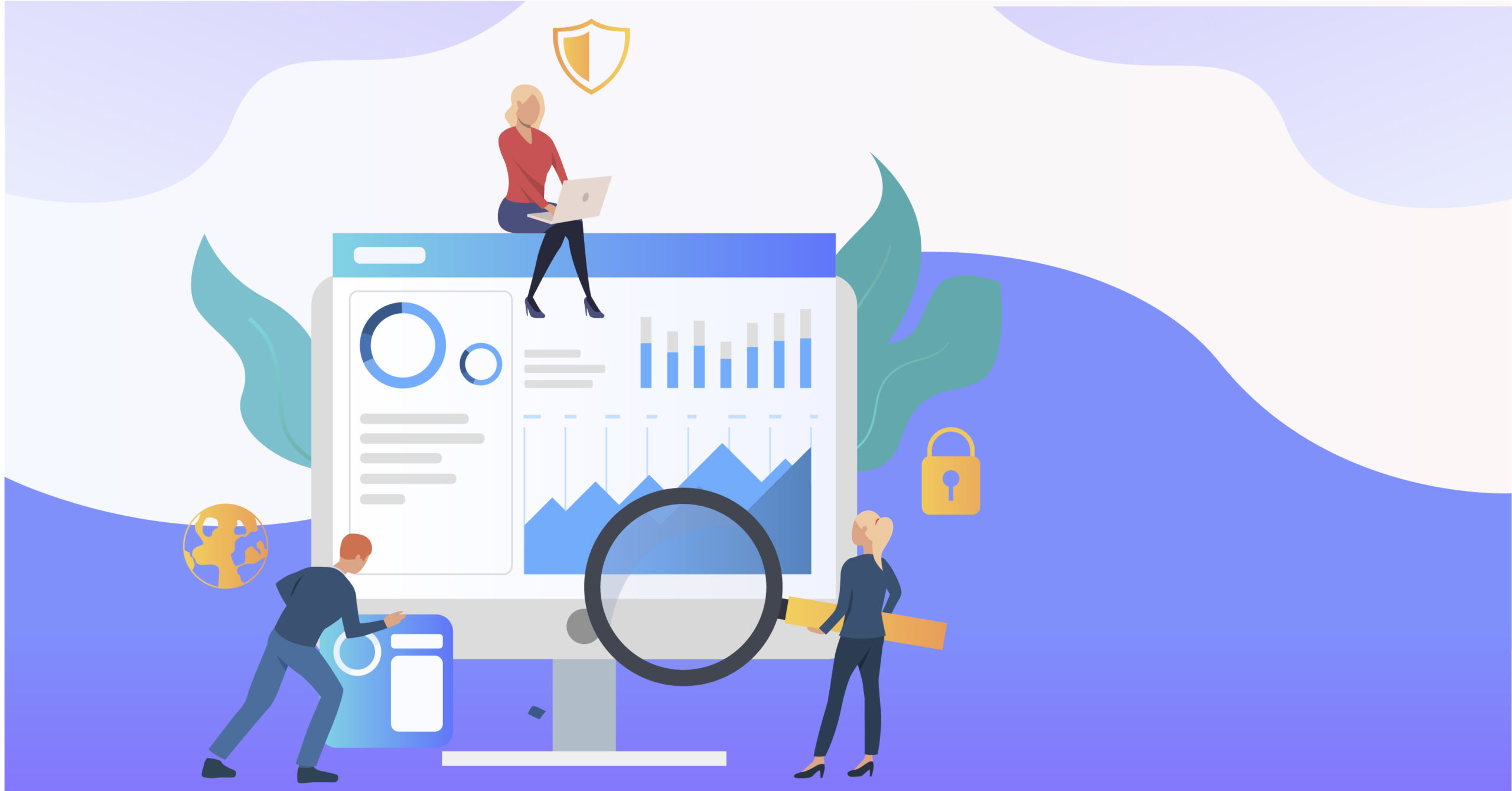
Cloud analytics allows for the simultaneous recording and processing of data regardless of proximity to local servers.
Companies can track the sales of an item from all their branches or franchises and adjust their production and shipments accordingly.
If a product does not sell well, management does not need to wait for inventory reports from area stores and can instead manage inventories from data automatically uploaded to Cloud drives.
Cloud data analytics also benefits from marketing automated tools, that are ready-to-use and could provide significant data insights to businesses about their products along with market trends and predictions.
Salesforce, Hubspot and Marketo are popular examples of this model.
This method is cost-effective and efficient for both the service provider and customers.
It ensures hassle-free management, maintenance and security of an organization’s critical business resources and allows the business to access these applications.
Conclusion
In light of the above advantages, it becomes abundantly clear that all businesses, big and small, stand to enormously benefit from Cloud-based data analytics.
There are other areas of application for Cloud analytics such as- product tracking which can especially prove quite useful for specific enterprises.
Any reservation will find it hard to counter the wide array of opportunities brought by cloud analytics.
Loved what you read?
[mailerlite_form form_id=1]

